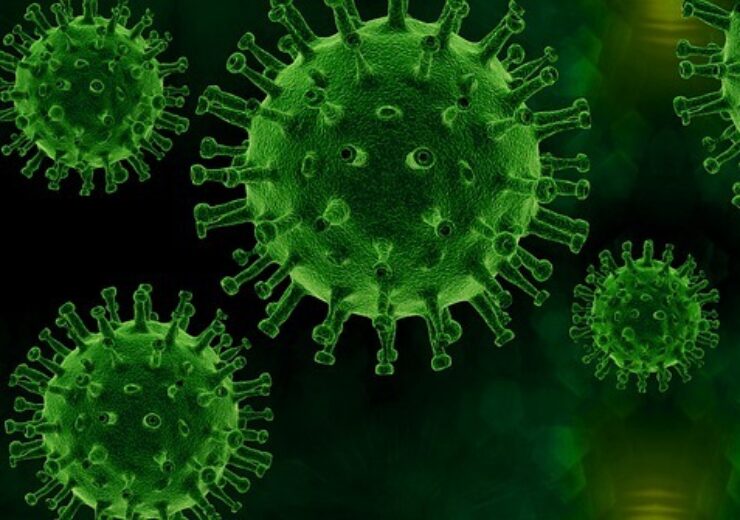The rapid antigen test is designed for use in a range of settings and delivers results within 15 minutes

The test runs on the portable Nanomix eLab analyser.(Credit: PIRO4D from Pixabay)
Nanomix, a provider of mobile point-of-care diagnostics, is seeking an emergency use authorisation (EUA) from the US Food and Drug Administration (FDA) for its eLab Covid-19 rapid antigen test.
The company has submitted an application with the regulator to secure EUA for the rapid antigen test, which runs on the portable Nanomix eLab analyser.
The eLab Covid-19 rapid antigen test, which delivers results within 15 minutes, is suitable for use in a range of settings such as hospitals, nursing homes, assisted living facilities, urgent care centers, and emergency medical care.
Nanomix eLab platform, along with Covid-19 rapid antigen test, will allow medical professionals, emergency workers, and employers to test individuals for antigens that specify Covid-19 infection.
Nanomix’s rapid antigen test uses nasal swab sample
The nasal swab sample, which can be self-administered, is used for the eLab Covid-19 rapid antigen test.
In addition, the test complements existing test methods by extending access to rapid and laboratory-quality results outside of hospital facilities.
Nanomix president and CEO David Ludvigson said: “While the global healthcare community has made tremendous progress in COVID-19 testing, there is still significant need for rapid, accurate, and affordable testing that can be conducted outside of laboratory settings.
“By completing this EUA filing, we are one step closer to making our antigen test available to help address this remaining gap.”
Earlier, the company validated and offered a rapid test for IgG and IgM antibodies, which also runs on the eLab analyser and shows past exposure to the SARS-CoV-2 virus.
The company developed both the Covid-19 antigen and antibody assays with the support of funding from BARDA.
In December 2019, Nanomix secured CE mark for its S1 Assay developed to assist in the rapid identification of serious, life-threatening infections such as sepsis and bacteremia.
